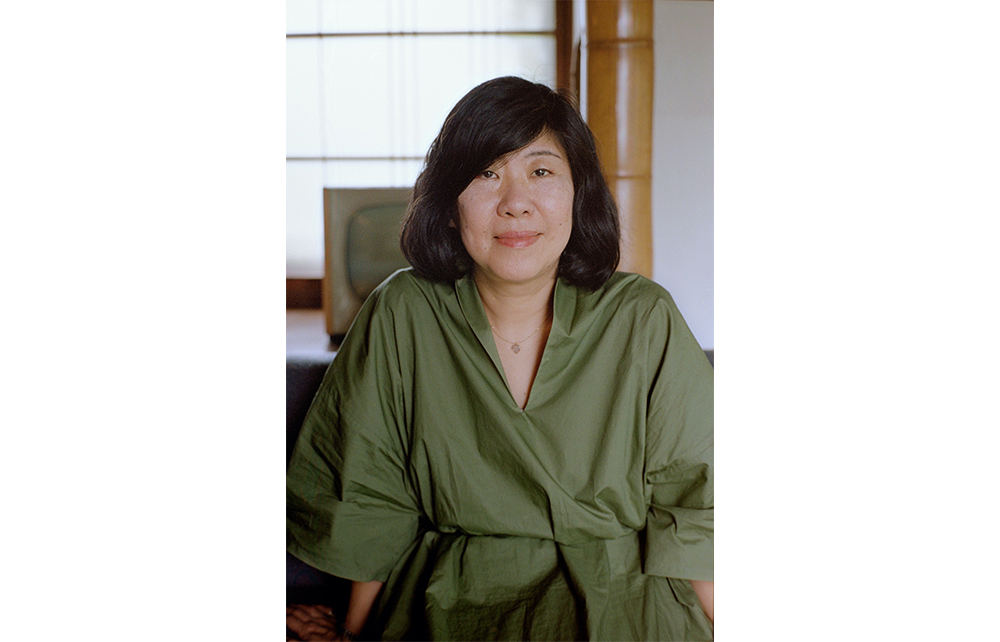Tasty meals and epiphanies: that’s what Banana Yoshimoto mostly deals in. It’s no accident that her most famous book is entitled Kitchen. Sometimes the epiphanies come by way of the tasty meals; at other times they are triggered by effects of light playing over rivers, trees, landscapes, as if we had suddenly found ourselves inside a print by Hiroshige.
And loneliness. She’s the supreme poet of solitude, and how it can grip even in the middle of one of the world’s busiest cities; even alongside a loving partner. And sudden death. But that’s making Yoshimoto’s graceful work sound far too depressing. There are always the epiphanies, and cake, and chicken with rice, but most of all the tiny kindnesses from other human beings that make life worth persevering with.
There’s plenty of drama to go with the melancholy. The five stories in Dead-End Memories feature a rape, a malicious poisoning, a murder-suicide and child abuse, as well as the more commonplace, though no less piercing, deceits, betrayals and break-ups of marriage and other unions. Mimi, in the title story, crushed by the defection of her fiancé Takanashi to a woman who looks like a more youthful version of his mother, meets a young man who works in her uncle’s bar. Nishiyama helps in a practical, financial way, but more importantly by taking her into nature. ‘There was no past, no future, no words, no nothing – just the light and the yellow and the scent of dry leaves in the sun.’
In ‘Mama!’, the poisoning victim, a young editor at a publishing house, deliberately smashes an expensive cup at the house of an important author. To her amazement, he and his wife console her instead of seeking her dismissal. This ‘morsel of human goodness’ saves her from the bitterness that she shares, she now sees, with the poisoner himself. Gratitude and forgiveness run alongside sadness, stitched in the same cloth.
Secchan, the narrator of ‘House of Ghosts’, cooks western dishes at her family’s long-established restaurant, while her boyfriend Iwakura comes from a baking family, specialising in seasonally flavoured cake rolls: ‘Matcha, chestnut and yuzu.’ Hotpot brings them together, but the world of spirits is only a thin veil away and Secchan’s encounter with two kindly ghosts is what seals her future.
Throughout, Yoshimoto’s intensely sensitive characters face head-on the essential unknowability of other minds. The paradox is, of course, that the novelist’s task is exactly to penetrate that obscurity.






Comments